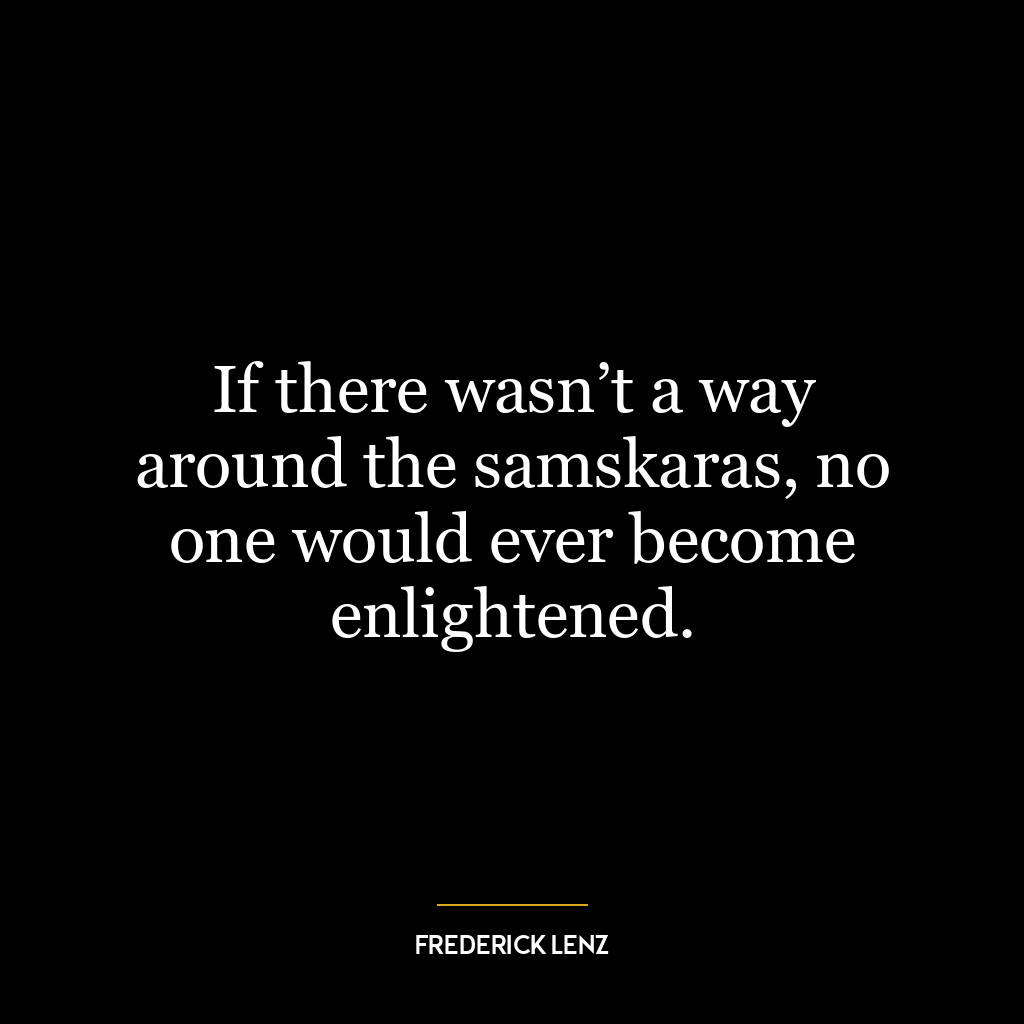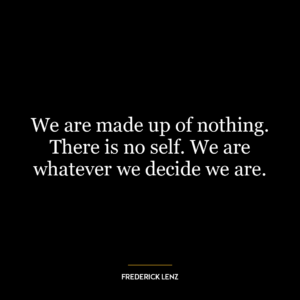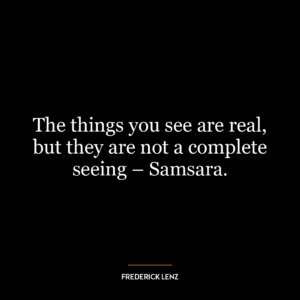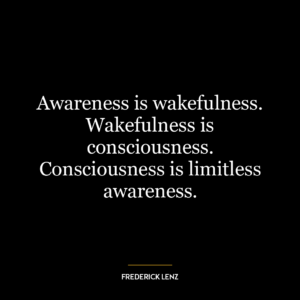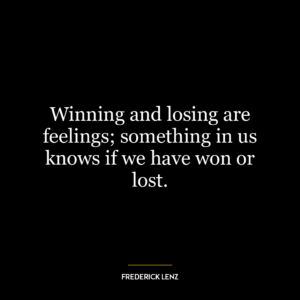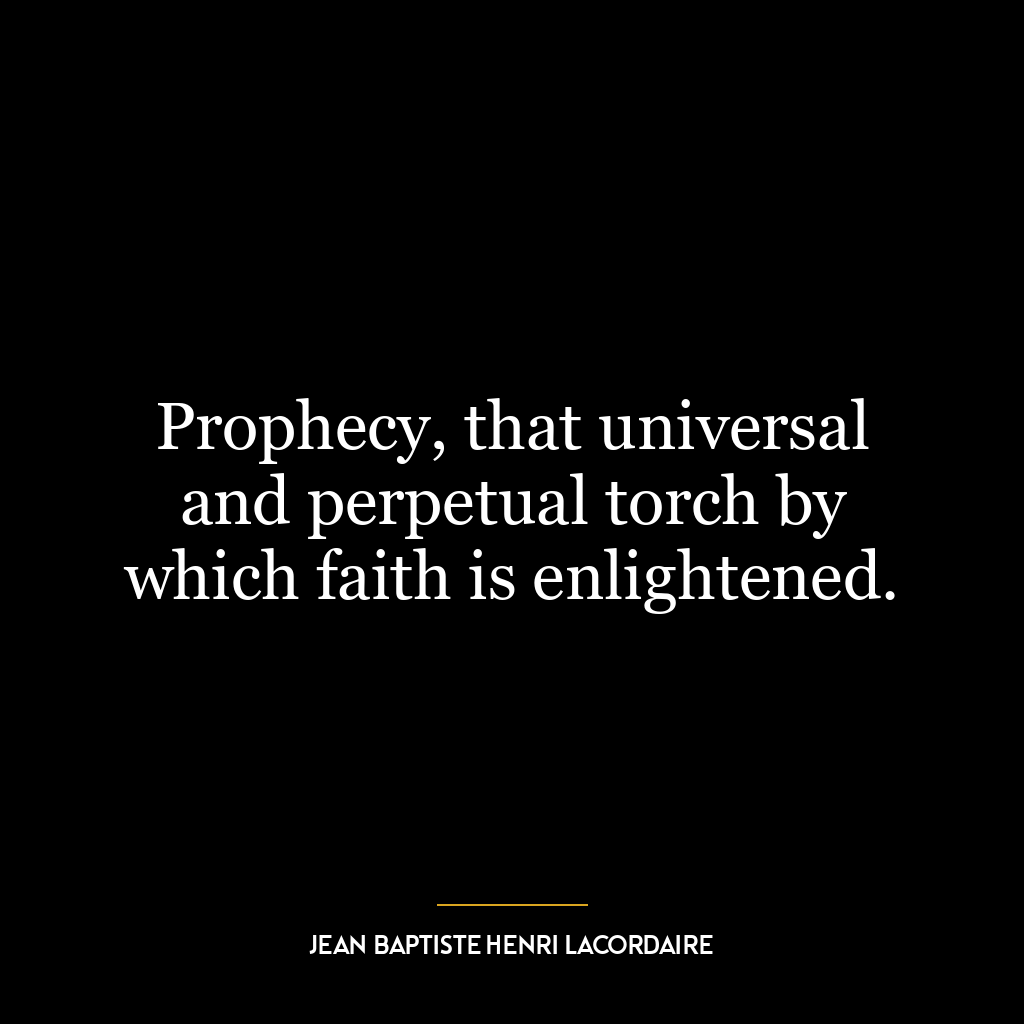If there wasn’t a way around the samskaras, no one would ever become enlightened.
The quote “If there wasn’t a way around the samskaras, no one would ever become enlightened.” refers to the concept of samskaras, which are deep-seated impressions, patterns or habits in our subconscious mind that drive our actions and reactions. These samskaras are often formed by past experiences and can shape our perceptions, attitudes, and behaviors. They can be positive or negative, and are often difficult to change.
The quote suggests that samskaras can be a major obstacle on the path to enlightenment, which is a state of ultimate understanding, awareness, and inner peace. However, the quote also implies that overcoming or circumventing these samskaras is not only possible, but necessary for achieving enlightenment. This means that despite our ingrained habits and patterns, we have the capacity to change, grow, and reach a higher state of consciousness.
In the context of today’s world or personal development, this quote can be seen as a call to self-awareness and transformation. It suggests that in order to develop and grow as individuals, we need to identify and challenge our samskaras. This could involve reflecting on our past experiences, understanding how they have shaped our behaviors, and consciously working to change negative patterns.
For instance, if someone has a samskara of procrastination, they might work on this by setting clear goals, breaking tasks down into manageable parts, and developing a routine. Or if someone has a samskara of reacting defensively to criticism, they could practice active listening, self-reflection, and empathy to change this pattern.
In a broader societal context, this quote can be seen as a reminder that change and progress are possible, even in the face of deeply ingrained habits, attitudes, or systems. It suggests that with awareness, effort, and perseverance, we can overcome obstacles and move towards a more enlightened society.

